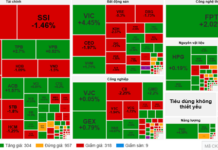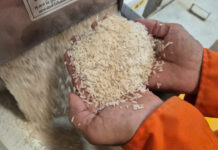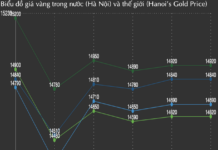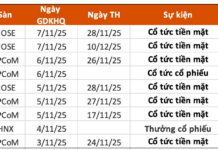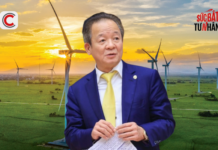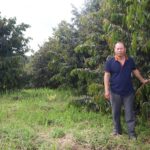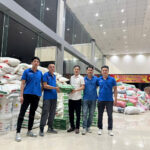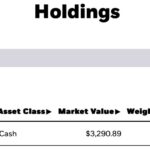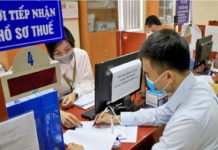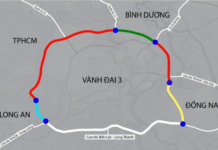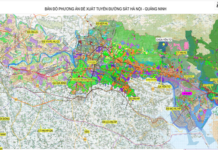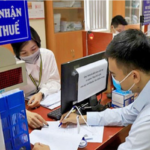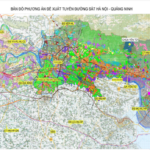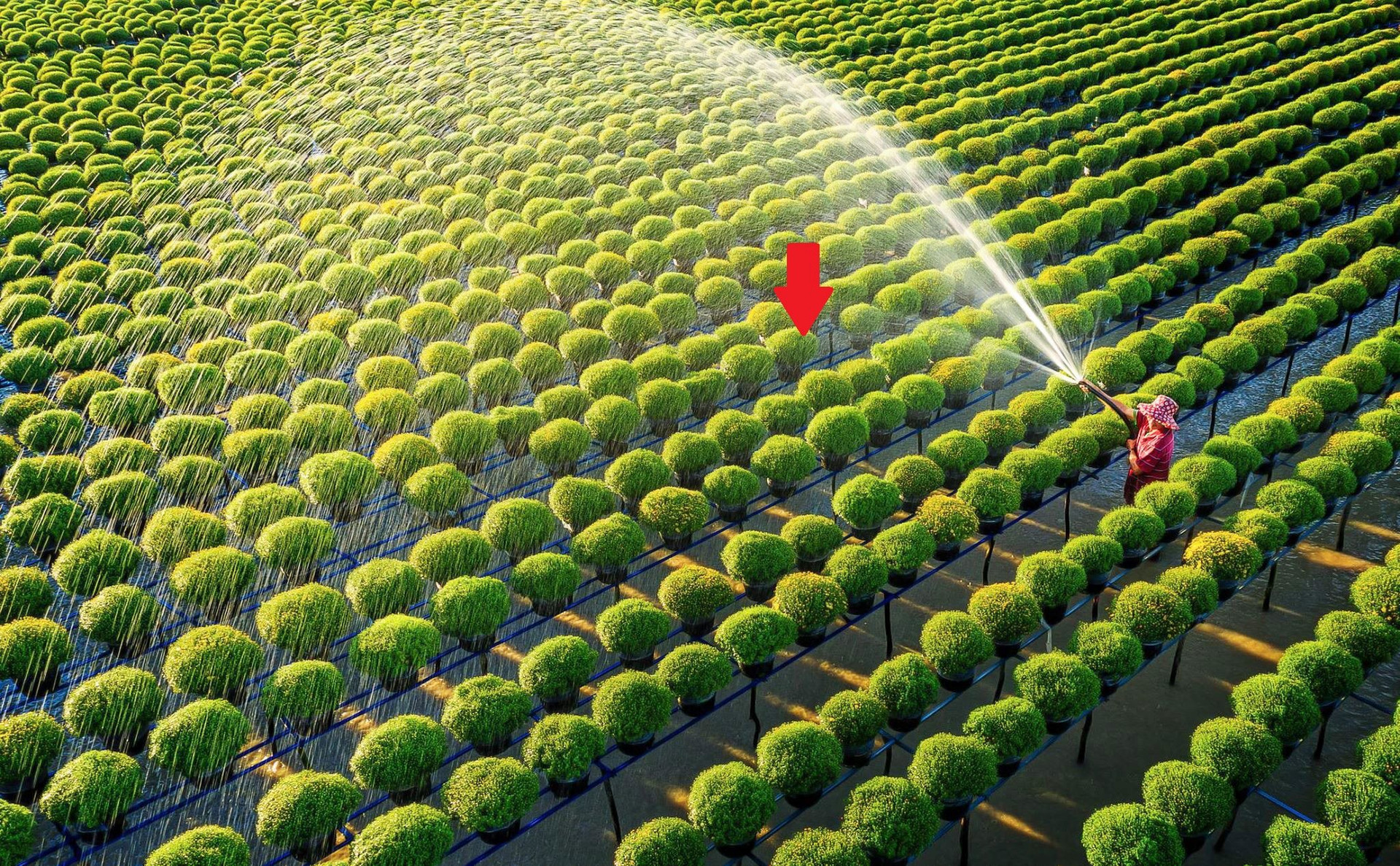
This
sector
is
agriculture
, which plays a crucial role in the economies of many countries worldwide.
In fact, contributing approximately 12% to Vietnam’s GDP and providing livelihoods for around 30% of the workforce, agriculture has long been a “backbone” sector of the Vietnamese economy.
In the past year (2023), Vietnam’s agricultural sector achieved its highest growth in a decade, reaching 3.83%. Accordingly, rice production increased by 1.7%, meat production by 3.5%, and seafood by 2.9%. According to statistics from the General Department of Customs,
the total export turnover of the industry reached more than $53 billion, with a trade surplus of over $12 billion, accounting for 42.5% of the country’s total trade surplus.
Vietnam’s main export commodities, such as rice, coffee, cashews, and fruits and vegetables, accounted for over $16 billion in agricultural exports. Notably,
with rice, a staple food that feeds about half of the world’s population, Vietnam is currently one of the top three exporters.
In just eight months of 2024, Vietnam’s rice exports reached over $3.8 billion, up more than 21% from the same period last year. Export volume reached nearly 6.2 million tons, an increase of nearly 6%. The average rice export price in the past eight months reached $625/ton, up 14.8%.
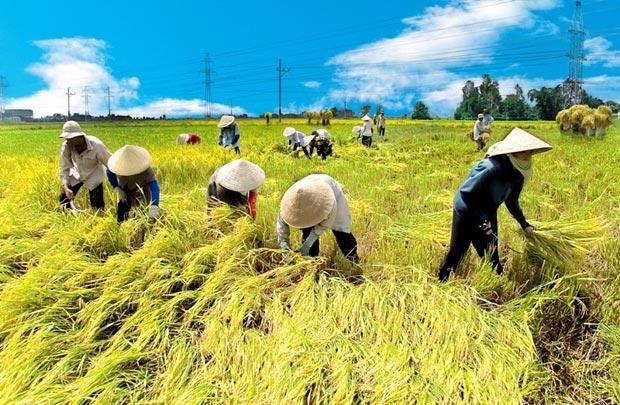
Agriculture plays an important role in Vietnam’s economy. Photo for illustrative purposes
According to data from the Ministry of Agriculture and Rural Development (MARD), in the first eight months of 2024, the total export turnover of agricultural, forestry, and aquatic products reached $40.08 billion, while imports reached $28.28 billion. According to Deputy Minister of MARD Phung Duc Tien, the Vietnamese agricultural sector is expected to achieve an export target of $55 billion by the end of 2024.
However,
the agricultural sector is currently facing several significant challenges.
The first is climate change. At the workshop “Promoting Green Innovation in Agriculture through Market Mechanisms” held on September 17, Deputy Minister of Planning and Investment (MPI) Nguyen Thi Bich Ngoc, predicted that the Mekong Delta region (the country’s largest rice basket) will lose between 500,000 and 1 million hectares of agricultural land by 2050 due to rising sea levels, resulting in an annual loss of up to 3% of GDP.

Deputy Minister of MPI Nguyen Thi Bich Ngoc speaks at the workshop “Promoting Green Innovation in Agriculture through Market Mechanisms”. Photo: MH
”
This calls for a change in our mindset towards more sustainable and low-emission agricultural production
,” emphasized the Deputy Minister of MPI.
Deputy Minister Nguyen Thi Bich Ngoc stated that green innovation is a key factor in helping Vietnam cope with the aforementioned challenges. In fact, many Vietnamese businesses have adopted green technologies in agriculture, from drip irrigation systems and smart greenhouse technology to the use of renewable energy in production.
These models have helped reduce CO2 emissions, save up to 50% of water, and increase crop yields by 20% to 30%. Vietnam is currently aiming to reduce greenhouse gas emissions by 9% by 2030 compared to the business-as-usual scenario, while also committing to achieving net-zero emissions by 2050. To achieve this, green innovation in agriculture plays a pivotal role.
The second major challenge for Vietnamese agriculture is
human resources
, especially the limited availability of high-quality personnel. Third, many startups in the field of green agriculture face difficulties in connecting with experts, accessing markets, and scaling up production…
To promote green innovation in agriculture, according to the Deputy Minister of MPI, we need to establish a flexible market mechanism that encourages and supports the development of green agricultural products.
Australia is ready to support Vietnam in promoting green innovation in agriculture
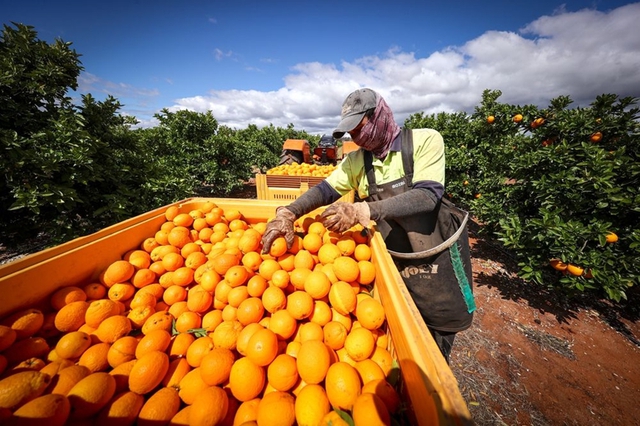
Australian farmers harvesting oranges. Photo: Bloomberg
Australia is regarded as a country with a dynamic and robust agricultural sector, with agriculture being one of its leading economic strengths. Two key sectors within Australian agriculture are wheat farming and sheep herding.
Presently, Australian agriculture generates approximately AU$155 billion annually, contributing around 12% to the country’s GDP.
Australian agriculture has embraced industrialization, large-scale operations, and modernization. Consequently, numerous Australian agricultural corporations boast annual revenues exceeding AU$1 billion.
Australia has implemented world-class production processes in its agricultural sector, particularly in the production of fresh and clean fruits, meat, and cereals. These production stages are rigorously monitored to ensure that the final products meet stringent safety and quality standards demanded by domestic and international consumers. As a result, many Australian agricultural products have established a solid competitive position in the global market.
According to data from the Foreign Investment Agency (FIA) under the Ministry of Planning and Investment, as of March 2024,
Australian enterprises had invested in 631 projects in Vietnam, with a total registered capital of $2.04 billion. Among these projects, there have been numerous collaborations in the fields of agriculture, forestry, and fisheries.

Mr. Todd Sanderson, Director of the Social Systems Research Program at the Australian Government’s International Agricultural Research Center
With extensive experience in agricultural development, particularly in promoting green innovation in agriculture through market mechanisms, Mr. Todd Sanderson, Director of the Social Systems Research Program at the Australian Government’s International Agricultural Research Center, shared Australia’s willingness to support and collaborate with Vietnam in this field.
Mr. Todd Sanderson stated, ”
We strongly hope that with the development of a successful strategy, roadmap, and agenda for green agricultural development, Vietnam can become a model for sharing valuable lessons on this topic in the future. With our implementation experience in Australia, we can affirm that market mechanisms play an extremely important and essential role in carrying out green innovation in agriculture
.”
Mr. Todd Sanderson emphasized that the inability to establish a fair and efficient market would severely impact the interests and operations of small businesses and farmers.

During the workshop, representatives of NIC and VASEA signed an MOU. Photo: MH
The Business Community Rallies to Support Those Affected by Storm Yagi
The recent Typhoon No. 3 (Yagi) and its aftermath of floods, landslides, and other natural disasters have had a devastating impact on the lives of people in the northern provinces of Vietnam. Heartwarmingly, the business community has stepped up and shown immense support for those affected by the typhoon.
Securing Gasoline and Oil Supplies for the Remaining Months of 2024
In the last quarter of 2024, the total production and import of petroleum products is estimated to reach 10.2 million cubic meters/tons, with consumption projected to be over 8 million cubic meters/tons. Barring any unforeseen circumstances, the supply of petroleum products will be sufficient to meet the demands of production, business operations, and consumer needs.

